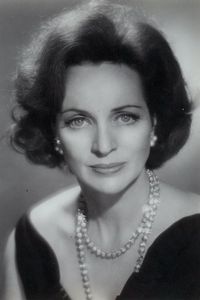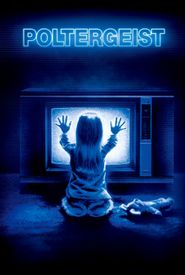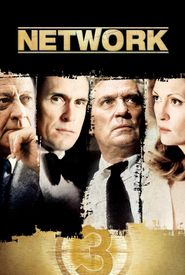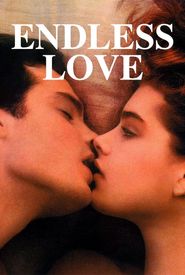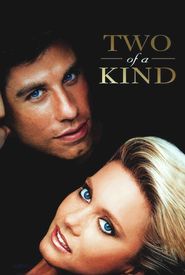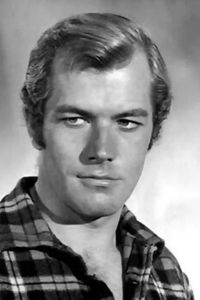Beatrice Straight, a talented actress, had a long and illustrious career that spanned multiple mediums, including film, television, and theater. Born Beatrice Whitney Straight in Old Westbury, Long Island, she came from a distinguished family, with her father, Willard Dickerman Straight, being a banker and diplomat associated with J.P. Morgan, and her mother, Dorothy Payne Whitney Straight, being an heiress of the Whitneys, a prominent and wealthy family on the East Coast.
Straight's interest in acting began while she was a student in Devonshire, England, where she delivered a critically acclaimed performance in a school production of Ibsen's "A Doll's House". She later studied acting under the tutelage of Michael Chekhov, nephew of the renowned Russian playwright Anton Chekhov and a member of the Moscow Art Theatre. The two developed a symbiotic relationship, with Straight persuading Chekhov to start an acting school, and she eventually teaching there herself.
Straight's early career was marked by her work in theater, where she made a name for herself on Broadway. Her breakthrough role came in 1935 with the production of "Bitter Oleander", and she went on to win a Tony Award for her performance as Elizabeth Proctor in the 1953 production of Arthur Miller's "The Crucible".
In addition to her work in theater, Straight also had a successful career in film and television. She won an Emmy nomination for her role as Alice Dain Leggett in the 1978 miniseries "The Dain Curse", and played the part of Lynda Carter's Queen Mother in the 1970s television series "Wonder Woman".
However, it was her performance in the 1976 film "Network" that earned her the most accolades. Despite only working on the film for three days and appearing in only a few scenes, Straight's contribution was so outstanding that she won the Academy Award for Best Supporting Actress. This achievement cemented her place as one of the most talented actresses of her generation, and her legacy continues to be celebrated to this day.
